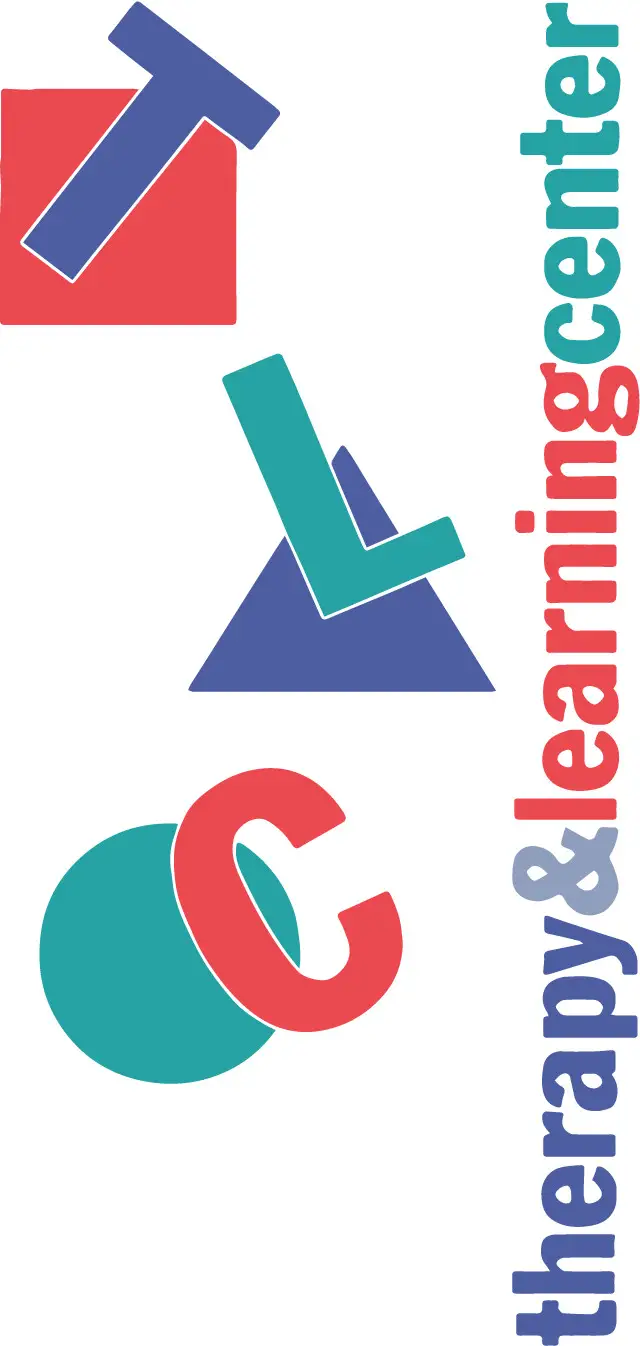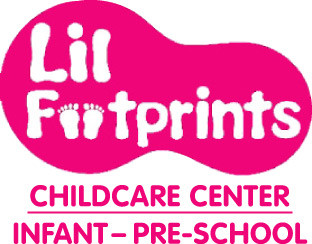
Child Anxiety: This is When You Should Start to Worry
It’s normal for kids to have bouts of fear—but when should you start to worry about your child’s anxiety?
Get kid-friendly activities sent to you!
Get the Best Family Activities
Speak directly to your child when you notice something isn’t typical for him, Dr. Friedman says. Younger children will be more vague, not provide as much insight, and won’t be able to pinpoint exactly how they’re feeling—hey may say they have a stomachache, for example. For older kids, choose a time of day to talk about their concerns or worries and why those are reasonable fears, then table the discussion for the day. “If they carry it with them all day long, it gets a life of its own,” Dr. Friedman says.
With kids home more due to the pandemic, they have less transitional time (they may not be on a school bus, for example) and structure that would typically distract them from their thoughts. “With their environment not changing, they may tend to focus more on what’s bothering them, and that makes it more intense,” he says. “They’re living too much in their head and not really living.”
How to Help Your Child
Try to figure out why your child is feeling anxious.
Consider what triggers the anxiety, how long your child is anxious, what helps reduce the anxiety, and what worsens it. “By better understanding why the anxiety occurs, you can help your child plan, so they feel prepared and confident to navigate the anxiety-producing situation,” Dr. Zeltser says.
Don’t dismiss your child’s feelings.
You don’t want him to believe that something is wrong with him, so “it’s important to validate his feelings,” says Jessica Senick, MSW, LCSW, a psychotherapist who practices in Red Bank, NJ. Don’t take what’s happening personally: “It’s not necessarily indicative of something that you as a family have caused,” she says. If you pressure your child to feel a certain way, she may hide her real emotions, making it harder to see the seriousness of her anxiety. Ignoring an anxiety disorder puts him at increased risk of substance abuse, self-harm, and other negative coping strategies. “Helping your child heal from anxiety can help them learn to trust that their caregivers will be there for them when life gets bumpy in the future,” Neidich says.
Consider professional help.
Get your child treatment from a mental health professional if what you’re doing isn’t working. “Childhood anxiety is common and treatable, especially when caught early on,” Dr. Zeltser says. Your child will be taught coping skills to help her manage the anxiety and reduce physical, emotional, and cognitive issues. She may be prescribed medication.
With proper treatment and support, most kids eventually outgrow childhood anxiety. “Remember, anxiety is rooted in a real or perceived fear of the unknown,” Dr. Zeltser says. “Providing your child with the tools they need to better circumnavigate their worries will accelerate their ability to overcome the anxiety.”









